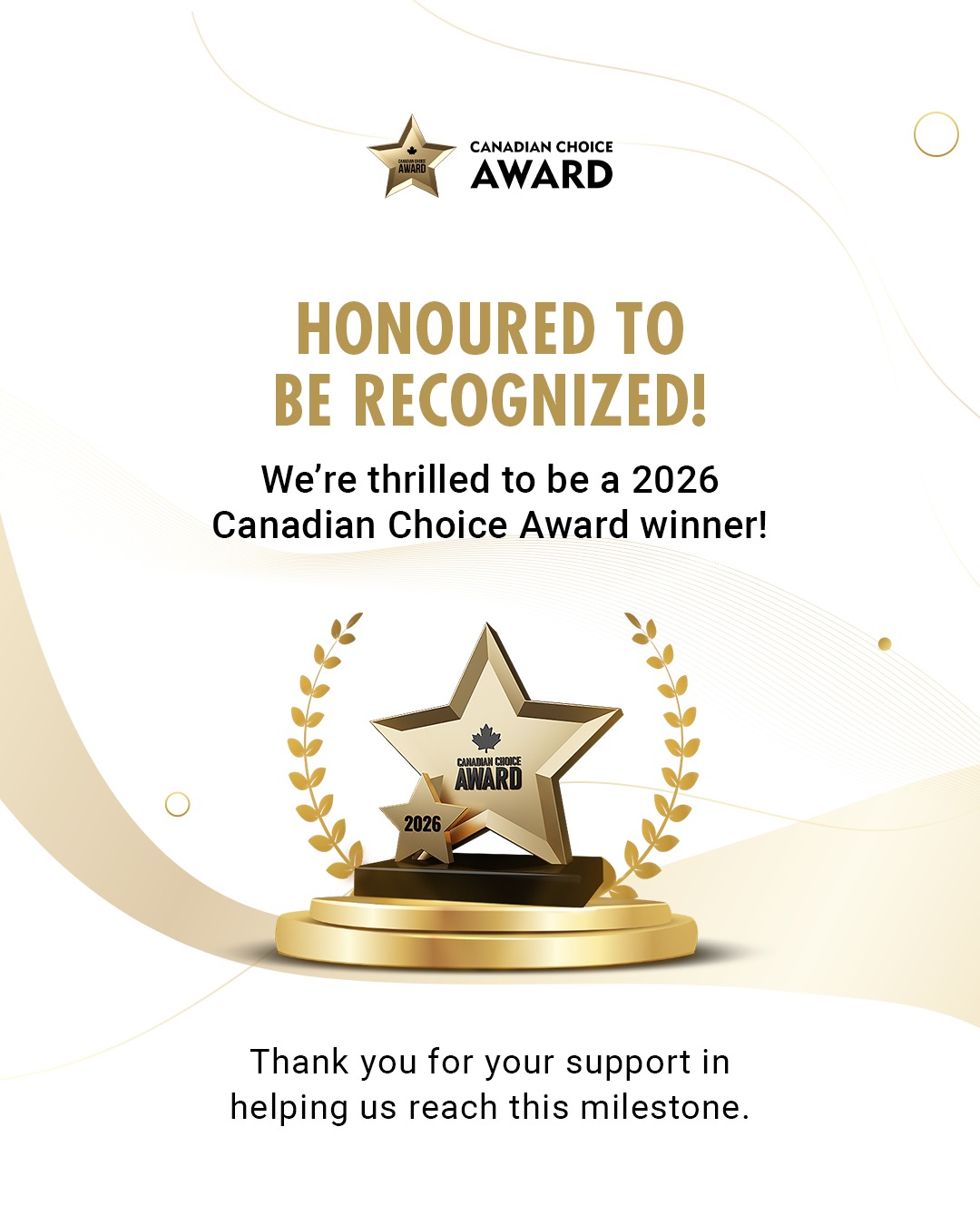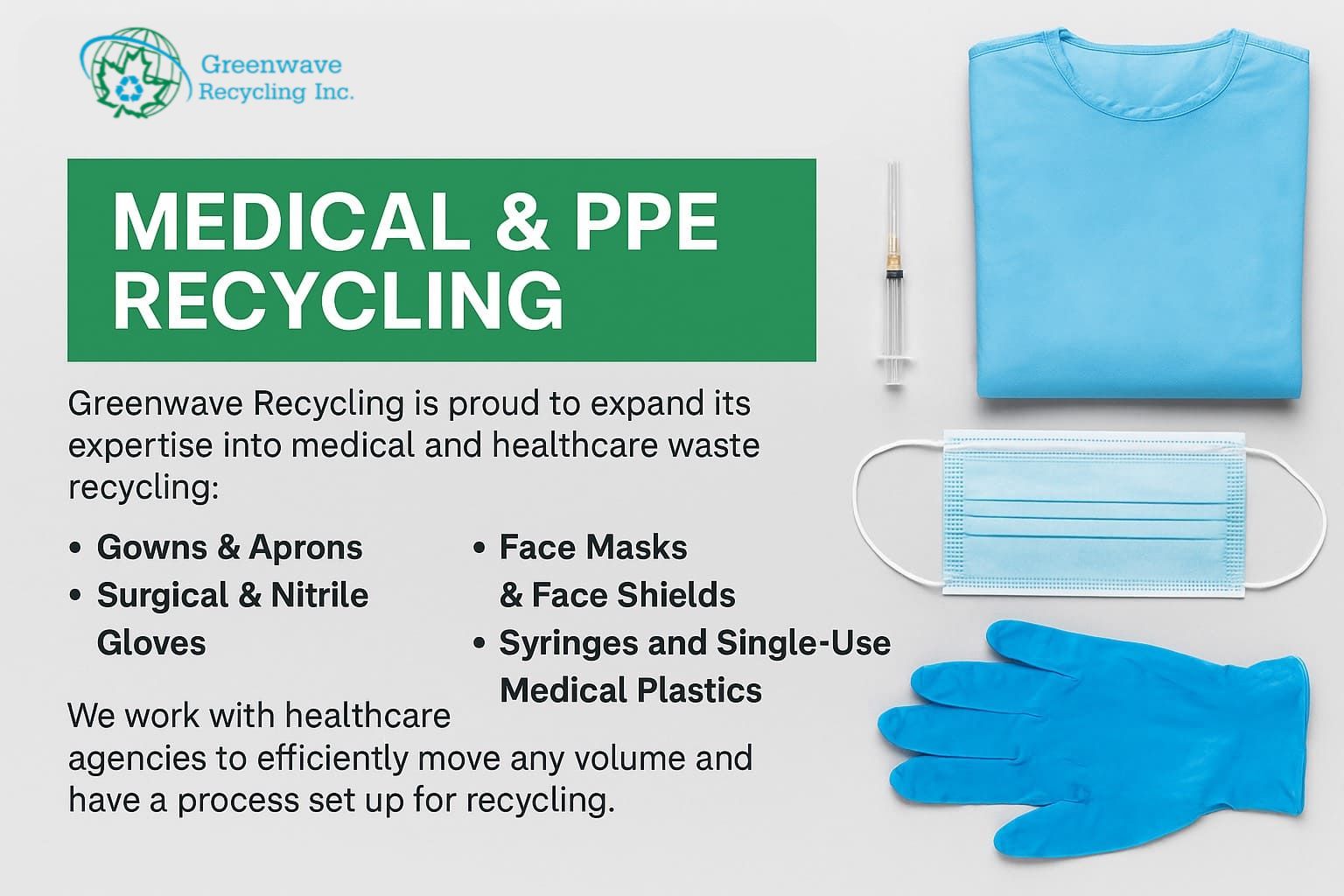The COVID-19 pandemic reshaped public health systems across the globe. In Canada, the mass adoption…

The demand for zero waste recycling has surged across Canadian industries, driven by rising environmental awareness, regulatory changes, and corporate sustainability goals. With more than 3 million tonnes of plastic waste discarded each year—and only 9% currently recycled—Canadian businesses are under increasing pressure to implement sustainable waste management practices that support the circular economy.
Companies are now prioritizing waste diversion, material recovery, and ethical recycling partnerships to meet both environmental regulations and consumer expectations.
What is Zero Waste Recycling?
Zero Waste Recycling is a comprehensive waste management approach that aims to send no waste to landfills or incinerators. It focuses on recovery, reuse, and reintegration of materials back into the supply chain. Unlike traditional recycling, which may still result in landfill-bound waste, zero waste strategies strive to completely eliminate waste at the source.
Key Principles:
- Source Separation of materials like LDPE, HDPE, and PP
- Material Recovery for reuse in manufacturing
- Lifecycle Redesign to ensure packaging and products are recyclable or reusable
- Closed-Loop Systems to keep resources circulating in the economy
At Greenwave Recycling Inc., our goal is to help Canadian businesses integrate these practices through customized recycling programs and sustainable material handling.
Why Businesses in Canada Should Adopt Zero Waste Recycling
Align with National Regulations
With Canada’s Zero Plastic Waste Agenda and upcoming federal plastic bans, businesses must act now to comply with waste reduction requirements.
Cut Costs Through Waste Diversion
Less landfill usage means lower disposal fees. Reusing materials reduces the need for raw material purchases—resulting in long-term cost savings.
Meet ESG and CSR Goals
Consumers and investors expect companies to operate ethically. Zero waste initiatives support Environmental, Social, and Governance (ESG) goals while strengthening corporate social responsibility (CSR).
Zero Waste Recycling Trends in Canada
- Vancouver and Toronto are leading cities with aggressive zero waste targets
- Manufacturing and Packaging Sectors are shifting to 100% recyclable materials
- Retail and Distribution are adopting closed-loop logistics and reusable packaging
- Government funding (like the Green Municipal Fund) supports zero waste infrastructure
- ESG Reporting Standards now include waste diversion and zero waste metrics
Start your journey toward zero waste. Connect with our experts for custom recycling strategies in Canada.
How Zero Waste Recycling Works for Plastic Waste
Canada’s industrial sectors generate significant amounts of post-industrial plastic waste, including:
Greenwave Recycling specializes in collecting, segregating, and processing these materials to minimize waste and reintegrate plastics into new production cycles, supporting clients’ circular economy goals.
Industries Leading the Way in Zero Waste Recycling
- Manufacturing – Zero waste production workflows
- Food Packaging – Compostable and recyclable alternatives
- Construction – Material recovery and reuse
- Automotive – Plastic and metal component recycling
- Logistics – Reusable packaging systems
How to Start a Zero Waste Recycling Program
- Conduct a Waste Audit to understand material types and volumes
- Segregate Waste at Source for better recycling efficiency
- Partner with a Certified Recycler like Greenwave Recycling Inc.
- Train Your Team on waste reduction and material handling
- Track Results and set sustainability benchmarks
Why Greenwave Recycling is Your Zero Waste Partner?
- Based in Vancouver & Toronto, serving clients nationwide
- Expertise in LDPE, HDPE, and PP recycling
- Recipient of the 2024 Surrey Board of Trade Environment & Business Award
- Customized zero waste recycling programs
- Fully compliant with Canadian environmental standards
Frequently Asked Questions
Zero waste recycling is a sustainable waste management approach where all materials are reused, repurposed, or recycled, with the goal of sending no waste to landfills or incinerators. It focuses on closing the loop in the product lifecycle through recovery and reintegration.
Traditional recycling often leads to some waste being landfilled, while zero waste recycling aims for 100% diversion. It involves redesigning processes and materials to ensure full recyclability and reuse, reducing the environmental impact.
Zero waste helps reduce landfill usage, conserve natural resources, and lower greenhouse gas emissions. It aligns with Canada’s environmental goals, such as the Zero Plastic Waste Agenda and circular economy initiatives.
Businesses can start by conducting a waste audit, segregating materials like LDPE and HDPE, partnering with certified recyclers, training staff, and tracking their waste diversion progress over time.
Common materials include plastics like LDPE, HDPE, and PP, along with cardboard, metals, glass, and certain organics. Greenwave Recycling specializes in processing post-industrial plastic waste in Canada.
Yes. Zero waste initiatives support Environmental, Social, and Governance (ESG) objectives by reducing environmental impact, promoting ethical operations, and improving stakeholder trust.
Yes. Programs like the Green Municipal Fund and the Canada Plastics Pact encourage zero waste initiatives by offering funding, guidance, and regulatory frameworks for sustainable practices.
Conclusion
Zero waste recycling is more than a buzzword—it’s a vital solution to Canada’s growing waste challenges. Whether you’re in manufacturing, packaging, or logistics, implementing zero waste strategies will help reduce your environmental footprint, cut costs, and prepare your business for the future.




